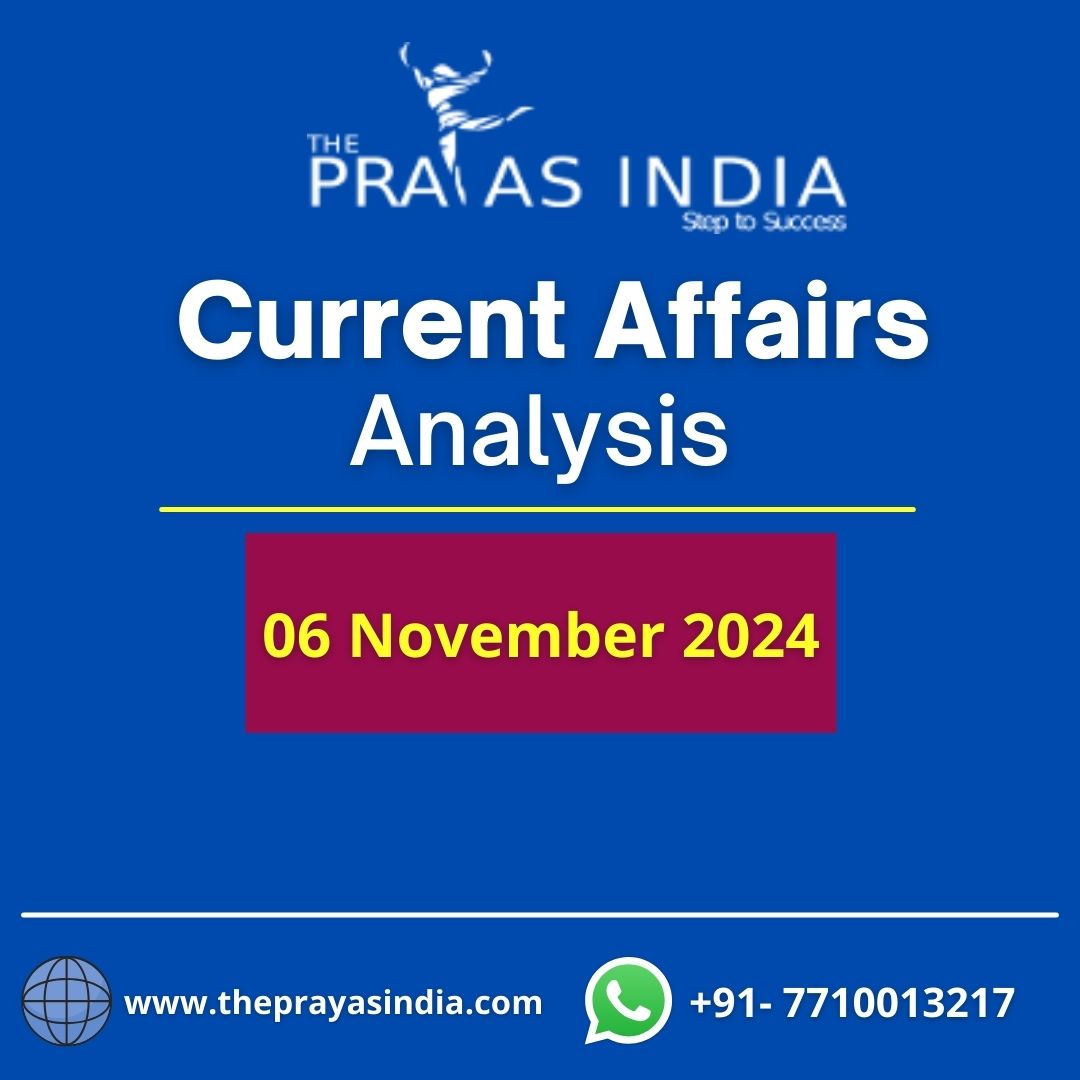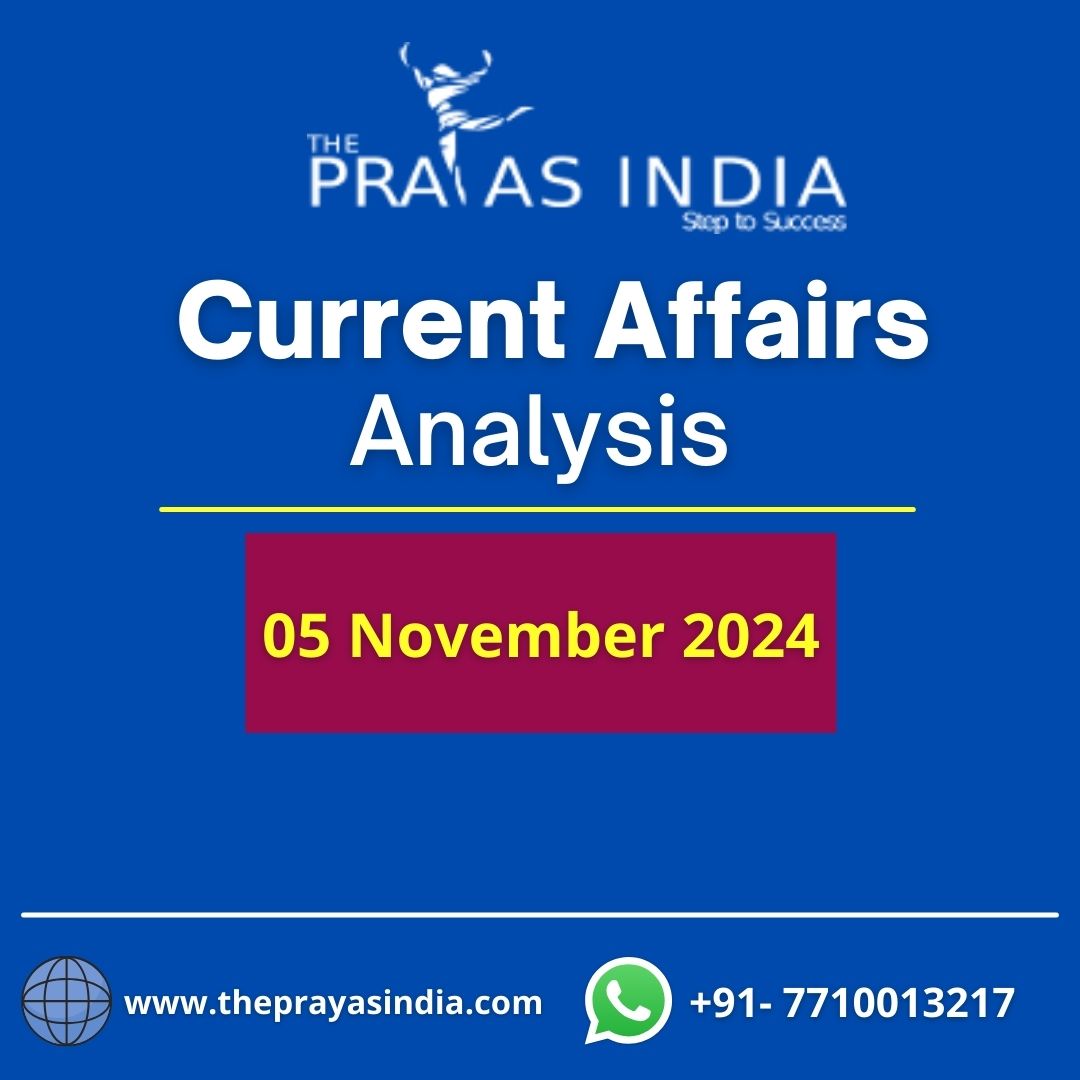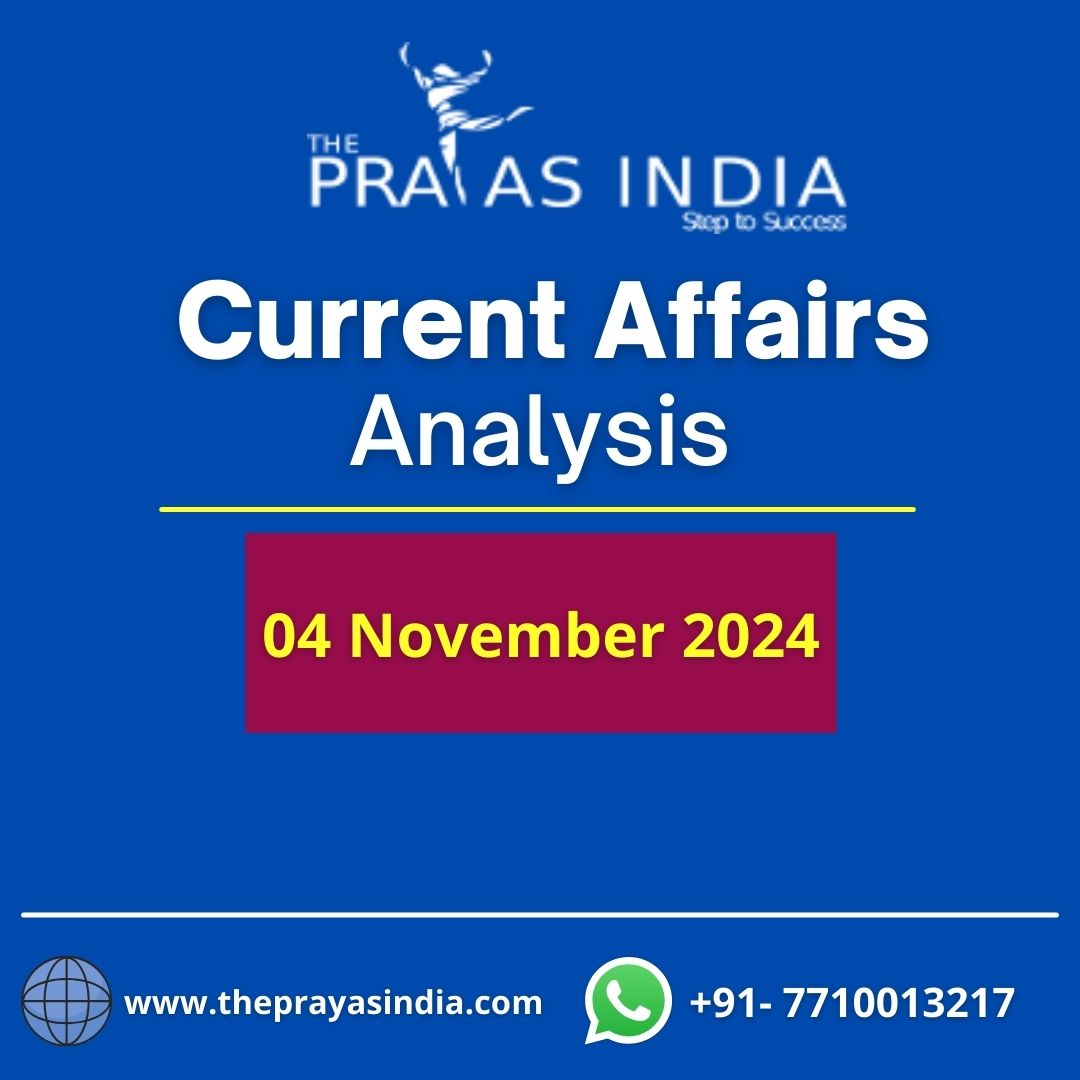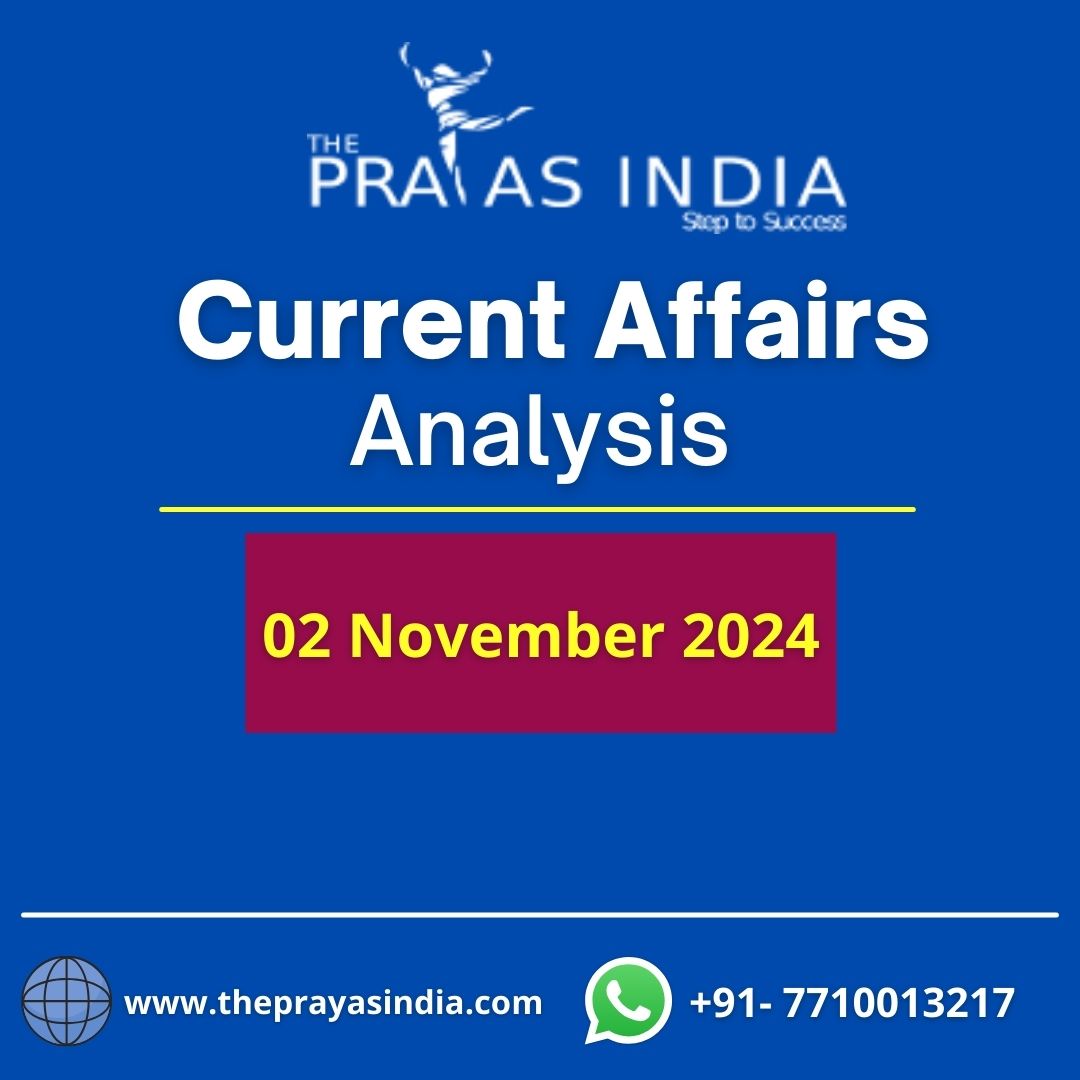DAILY CURRENT AFFAIRS ANALYSIS
| No. | Topic Name | Prelims/Mains |
| 1. | WORLD HEALTH ORGANIZATION | Prelims & Mains |
| 2. | ATTORNEY GENERAL OF INDIA | Prelims & Mains |
| 3. | PREVENTION OF MONEY LAUNDERING ACT | Prelims & Mains |
| 4. | AZADI KA AMRIT MAHOTSAV INITIATIVE | Prelims & Mains |
1–ABOUT THE WORLD HEALTH ORGANIZATION: GS II – Health Related Topics & International Organizations
Basic Info about the World Health Organization (WHO):
- The World Health Organization (WHO), the United Nations’ specialised organisation for health, was founded in 1948.
- Geneva, Switzerland is home to the company’s headquarters.
- The Organization has 194 Member States, 150 Country Offices, and six Regional Offices.
- It is an intergovernmental organisation that works with its member states, usually through their ministries of health.
- The WHO sets the research agenda, establishes norms and standards, articulates evidence-based policy alternatives, provides technical help to countries, and monitors and assesses global health trends.
- It first opened its doors on April 7, 1948, which is today known as World Health Day.
Goals:
- Assume the job of worldwide health director and organiser.
- As needed, establish and maintain effective coordination with the UN, specialised agencies, government health administrations, professional groups, and other organisations.
- Assist governments in strengthening health services upon request.
- Encourage scientific and professional organisations that work to improve health to collaborate.
Administration:
- The Health Assembly is made up of delegates that represent members.
- Each Member is represented by up to three delegates, one of whom is designated as the Member’s head delegate.
- These delegates are selected from among individuals with the greatest level of technical experience in the field of health, ideally from the Member’s national health administration.
- The Health Assembly meets on a regular basis as well as on occasion for special sessions.
Source The Hindu
2 –ABOUT THE ATTORNEY GENERAL OF INDIA GS II – Topic Constitutional Posts and their related topics
About India’s Attorney General:
- The Attorney General of India (AG) is a member of India’s Union Executive.
- The Attorney General is the highest law enforcement authority in the country.
- Article 76 of the Constitution establishes the position of Attorney General of India.
Eligibility and Appointment:
- The President picks the Attorney General based on the government’s recommendation.
- S/he must be an Indian citizen who has served as a high court judge for five years or as a high court attorney for 10 years, or as a famous jurist, according to the President’s decision.
- The term of the office is not specified in the Constitution.
- The processes and grounds for the removal of the AG are not specified in the Constitution. He/she works at the President’s pleasure (may be removed by the President at any time).
Responsibilities:
- To provide legal advice to the Government of India (GoI) on matters that the President has entrusted to her or him.
- To carry out any additional legal tasks that the President has assigned to her/him.
- In all Supreme Court and High Court cases involving the Government of India, to represent the Government of India.
- In any Supreme Court referral made by the President under Article 143 of the Constitution, to represent the Government of India (Power of the President to Consult the Supreme Court).
- To fulfil the responsibilities entrusted to her or him by the Constitution or other laws.
- Rights and Limitations:
- S/he has the right to speak and participate in the proceedings of both Houses of Parliament, as well as any Parliamentary committee to which s/he may be appointed, but not to vote.
Source The Hindu
3 –WHAT IS THE PREVENTION OF MONEY LAUNDERING ACT: GS III – Topic Indian Economy
The PMLA Act of 2002:
- India’s particular legislation dealing with money laundering is the Prevention of Money Laundering Act ((PMLA), 2002).
- The law, which was enacted in India to combat money laundering, has three basic objectives:
- Preventing and combating money laundering.
- To provide for the forfeiture and seizure of property acquired through money laundering.
- In India, to deal with any other money-laundering-related issue.
- Under the PMLA Act, the Enforcement Directorate is authorised to conduct a Money Laundering investigation.
- In addition to the rules of the PMLA, there are other specialised requirements, such as the RBI/SEBI/IRDA anti-money laundering regulations Enforcement Directorate.
Amendments made recently:
- In 2019, the Union government issued a notification amending the Prevention of Money Laundering Act (PMLA), giving the Enforcement Directorate (ED) extra jurisdiction in dealing with money laundering cases.
What are the specific modifications that will be implemented:
- According to the amendment, money laundering will be classified as a separate crime.
- Money laundering was originally not a stand-alone crime; instead, it was dependent on the proceeds of another crime, known as a “predicate offence” or “scheduled offence,” which became the subject of the money laundering crime.
- The concept of “proceeds of crime” is now expanded to encompass property “produced or received directly or indirectly as a result of any criminal action relating to the scheduled offence.”
- The most notable changes are the elimination of clauses in sub-sections (1) of Section 17 (Search and Seizure) and Section 18 (Criminal Procedure) (Search of Persons).
- Under these rules, other agencies authorised to investigate the offences mentioned in the PMLA schedule were required to file a FIR or charge sheet.
Source The Hindu
4–ABOUT THE AZADI KA AMRIT MAHOTSAV INITIATIVE: – Topic Prelims Specific Topic
- The Azadi Ka Amrit Mahotsav has been launched by the Indian government to commemorate and celebrate 75 years of progressive India, as well as the rich history of its people, culture, and achievements.
- This Mahotsav is dedicated to the people of India who have not only helped brought India this far in its evolutionary path, but also hold the power and capacity to enable the vision of activating India 2.0, driven by the spirit of Atmanirbhar Bharat.
- Azadi ka Amrit Mahotsav is a celebration of India’s progressive sociocultural, political, and economic identity. After a 75-week countdown to our 75th anniversary of independence, the official journey of the “Azadi ka Amrit Mahotsav” will begin on March 12, 2021, and end on August 15, 2022.
Source The Hindu




